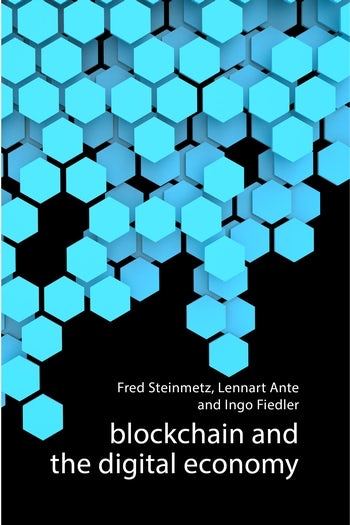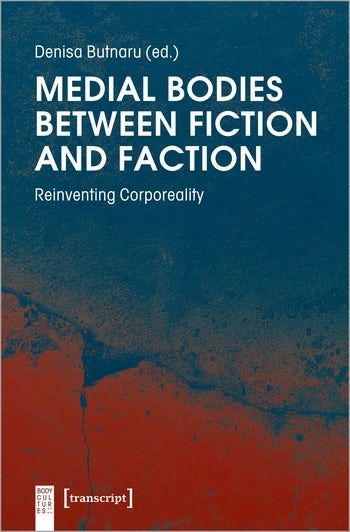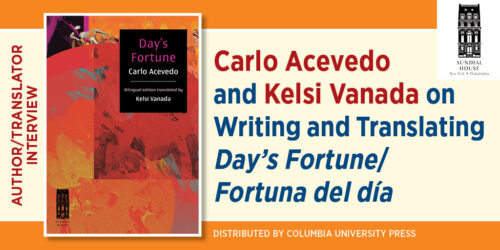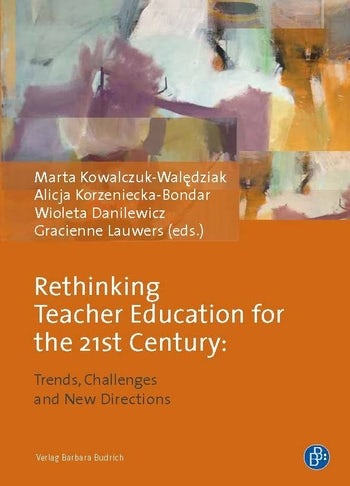New From Our Distributed Presses! Quantitative Easing, ohpikinâwasowin/Growing a Child, Being a Parent in the Field and more!

Our weekly list of new books is now available!
From the Finance Matters series
Quantitative Easing
Jonathan Ashworth
This book offers a thorough and perspicacious analysis of QE, what has become a recovery method of last resort, and will be essential reading for anyone wanting to understand central banking’s role in the national economy.
Blockchain and the Digital Economy
Fred Steinmetz, Lennart Ante, and Ingo Fiedler
Blockchain and the Digital Economy presents the key concepts of blockchain technology and an overview of the machinations of different blockchain ecosystems. It discusses the socio-economic impact of this new technology, including its impact on sectors such as energy, data, capital markets, logistics, and gambling.
About Canada: Disability Rights
second edition
Deborah Stienstra
In the second edition of About Canada: Disability Rights, Deborah Stienstra explores the historical and current experiences of people with disabilities in Canada, as well as the policy and advocacy responses to these experiences. Stienstra demonstrates that disability rights enable people with disabilities to make decisions about their lives and future, claim rights on their own behalf, and participate actively in all areas of Canadian society.
ohpikinâwasowin/Growing a Child
Implementing Indigenous Ways of Knowing with Indigenous Families
Edited by Leona Makokis, Ralph Bodor, Avery Calhoun, and Stephanie Tyler
The chapters of ohpikinâwasowin/Growing a Child describe wisdom-seeking journeys and service-provision changes that occurred in Treaty 6, Treaty 7, and Treaty 8 territory on Turtle Island. Many of the teachings are nehiyaw (Cree) and some are from the Blackfoot people. Taken together, this collection forms a whole related to the Turtle Lodge Teachings, which expresses nehiyaw stages of development, and works to undo the colonial trappings of Canada’s current child welfare system.
From the Aging Studies series
A Senior Moment
Cultural Mediations of Memory and Ageing
Edited by Line Grenier and Fannie Valois-Nadeau
Aging and memory – the interaction of these two aspects of life is something that everybody has to face eventually. The essays in this volume explore the cultural mediations of these categories. Through a series of approaches focused on practices and acts of memory, narrative, reminiscence, representation, and collective memory, they seek to better understand and critically reflect on how aging is experienced in various ways across the lifespan.
From the Culture & Theory series
Cultures of Economy in South-Eastern Europe
Spotlights and Perspectives
Edited by Jurij Murašov, Davor Beganović, and Andrea Lešić
This volume focuses on cultures of economy in regions of former Yugoslavia as part of South-Eastern Europe, supported by theoretical perspectives. It examines narratives and poetics of economy in literature, film, and art, as well as in public discourse.
From the Culture and Social Practice series
Being a Parent in the Field
Implications and Challenges of Accompanied Fieldwork
Edited by Fabienne Braukmann, Michaela Haug, Katja Metzmacher, and Rosalie Stolz
How does being a parent in the field influence a researcher’s positionality and the production of ethnographic knowledge? Based on regionally and thematically diverse cases, this collection explores methodological, theoretical, and ethical dimensions of accompanied fieldwork.
From the Body Cultures series
Medial Bodies Between Fiction and Faction
Reinventing Corporeality
Edited by Denisa Butnaru
Using concrete examples from literary fiction, media studies, philosophy, performance arts, and social sciences, this collection underlines how bodily models and transformations thought until recently to be only fictional products have become a part of our reality. The essays provide a spectrum of perspectives on how the body emerges as a transitional environment between fictional and factual elements, a process understood as faction.
Categories:Agenda PublishingDistributed PressesFernwood PublishingTranscript Verlag
Tags:A Senior MomentAbout Canada: Disability RightsAndrea LešićAvery CalhounBeing a Parent in the FieldBlockchain and the Digital EconomyCultures of Economy in South-Eastern EuropeDavor BeganovićDeborah StienstraDenisa ButnaruFabienne BraukmannFannie Valois-NadeauFred SteinmetzGrowing a ChildIngo FiedlerJonathan AshworthJurij MurašovKatja MetzmacherLennart AnteLeona MakokisLine GrenierMedial Bodies Between Fiction and FactionMichaela HaugohpikinâwasowinQuantitative EasingRalph BodorRosalie StolzStephanie Tyler
















